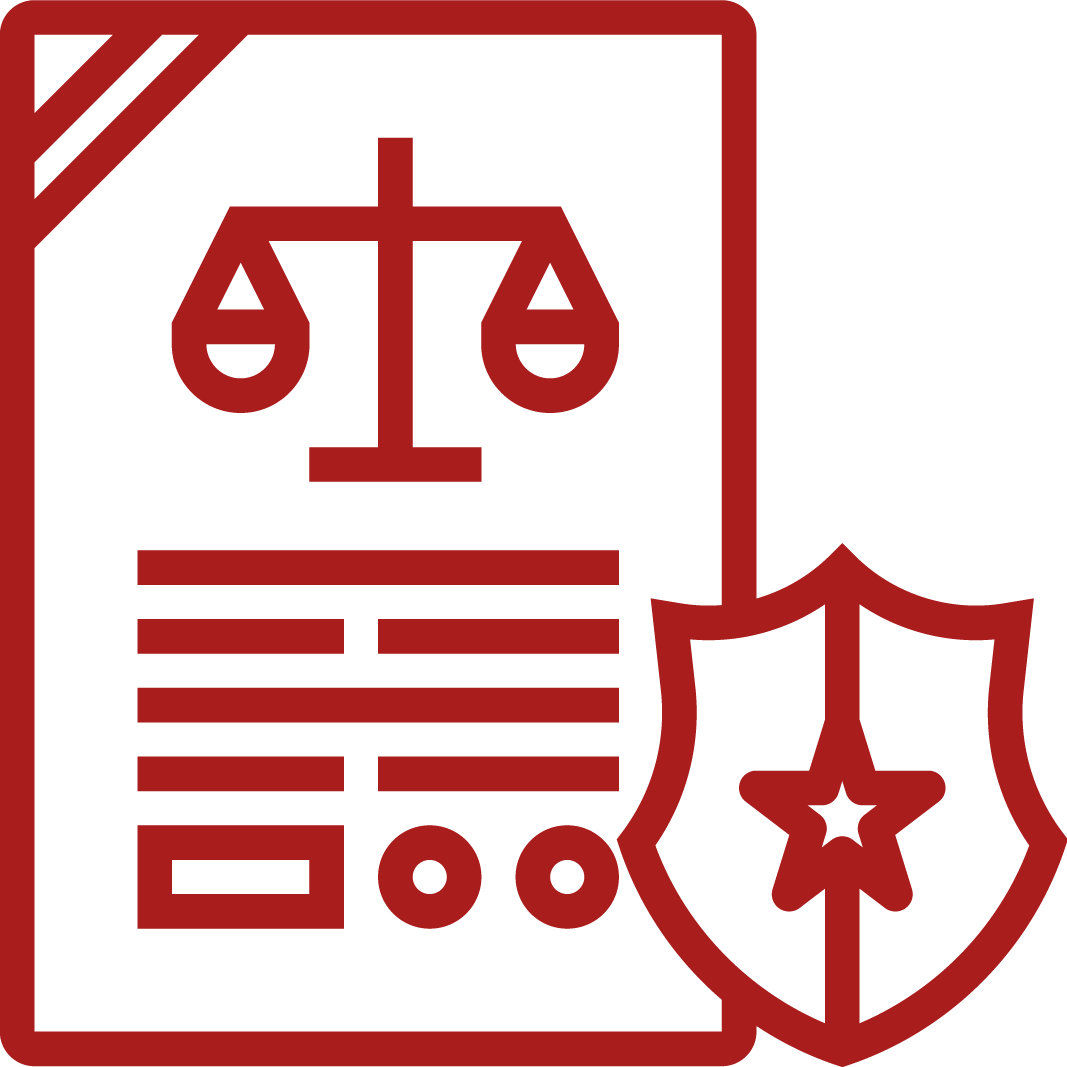
Planning for death can be a daunting subject to discuss.
It can be both time consuming and complicated to plan for your death if you are not acquainted with the area of law; And perhaps that is why more than 40% of Australians pass away each year without a valid will or having performed any serious estate planning. Paysonberg's team of Wills and Estate planning solicitors ensure that your planning process will be practical, accurate and straightforward. Ensuring that your wishes will be carried out, even after you have passed, and protecting your wealth across generations.

Preparing a Will
Need help making a Will? Simply contact us online or give us a call and one of our dedicated team members will guide you through process. A will is a legal document in which you can list who will receive your property and possessions when you die. By leaving a valid Will, you are maximising your chances of making sure that your assets are gifted to the people you have listed. This means that if you are thinking of leaving property to a charity, a close friend or family who are financially dependent on you, you should always make a will. Paysonberg has helped many clients ensure that their hard-earned assets pass to their named beneficiaries by: developing a tailored succession strategy that would not otherwise have been available if they died without a Will; helping clients choose a trusted person to fulfil the role of Executor and Trustee; provide a written record of their preferred appointment of a guardian of their infant children; implement tax efficient options; minimise the time and costs that will eventually be involved in the administration for their estate.

Interpreting a Will & Informal Wills
Does your Will make sense? What happens if it is not clear? If in the drafting of the Will, the person who made the will did not clearly express their intentions, for example regarding the exact nature of the gift or to whom the gift is to be given, the beneficiaries or executor, can ask the Court to make a determination regarding the true meaning of the Will. Alternatively, some people just never get around to making a legally valid will. To have a valid will it: - must be in in writing (whether handwritten, typed or printed); - signed; and - the testator's signature must be witnessed by two other people who also need to sign the will. If your will fails to meet either of the above three criteria, it is an informal Will. The informal will can be treated as a valid will in certain circumstances. For more information, simply contact us online or give us a call.

Asset Protection
Assets can be owned in a variety of ways, and held through a variety of entities. Each option harbours its own pros and cons, which our lawyers can help you navigate. Typically, clients are concerned about: - Minimising their tax liability; - Protecting their assets from potential Family Law issues; - Minimising their exposure to personal liability when running a business; and - Understanding the consequences of bankruptcy.

Challenging and Contesting a Will
Have you been left out of a loved one’s Will? You may have a claim. If a Court determines that you are an ‘eligible person’ and that you have not received provision for your proper maintenance, education or advancement in life by the Will of the deceased, then you may challenge the Will of the deceased. A successful challenge will result in a Court order that gifts a portion of the estate to you. An eligible person is usually a family member or a dependent. You should note that an eligible person only has 12 months within which to contest the Will. This is a strict time limit and it is important to obtain legal advice early. Simply contact us online or give us a call.

Defending a Will
Persons named as executors of a Will are responsible for defending any challenges made to the Will. It is essential that executors obtain expert legal advice in the event that they are challenged by a potential applicant who proposes to make a claim upon the estate of a deceased person. At Paysonberg, we have expert lawyers who will guide and support you through the legal framework, and ensure that you fulfil your obligations to the estate. Defending a challenge to the Will of a deceased relative is stressful and emotional. We can provide you with comprehensive and practical advice to achieve a smooth resolution of the matter.

Testamentary Capacity
In order for a will to be valid, the person who made the will must have had testamentary capacity at the time it was made. Testamentary capacity is a technical term, and means that at the time of making the Will, the deceased person must have had sufficient soundness of mind to have: understood the nature and effect of a will; understood the nature and extent of their property; comprehend and appreciate the claims to which they ought to give effect; been free from any mental illness which might have caused the deceased to give instructions that the deceased would not have otherwise consented to. If the Will is found to be invalid, it will not be administered. If you suspect that your loved one has made a Will after they had already lost testamentary capacity, contact our lawyers for advice.

Estate Planning
Estate planning involves developing a strategy to deal with your assets after you die – the legal instruments and structures, such as a will, you put in place to transfer your assets in the event of death. Estate Planning is about more than just having a Will. It often involves the combined effort of your lawyer, accountant and tax advisor, and it can involve: Considering powers of attorney and enduring guardianships; Retirement plans and Superannuation Nominations; Succession planning for your business; Tax Considerations; Trusts; Administration of Estates. We’re here to help. Simply get in touch online or call us.

Power of Attorney
A ‘Power of Attorney’ is a legal document that allows you to nominate persons whom you trust (referred to as attorneys) to act on your behalf. The attorney is given the authority, to manage your legal and financial affairs, including buying and selling real estate, shares and other assets, operating your bank accounts, and spending money on your behalf. The Power of Attorney would cease to have effect if you were to lose mental capacity. However, an ‘Enduring Power of Attorney’ will continue to operate. In other words, the validity of the document endures any loss of capacity by the maker of the document. An Enduring Power of Attorney is a cornerstone is the basics of estate planning, and should always be considered when making a will and generally preparing for the future.

Enduring Guardianship
Appointments of Enduring Guardian allow our clients to appoint trusted loved ones with the authority to make end of life and other medical decisions and lifestyle decisions. It is important that you trust the person you appoint as your enduring guardian to make appropriate lifestyle decisions on your behalf. We suggest that you inform this person of your wishes about lifestyle decisions. Each enduring guardian must sign their acceptance on the appointment for it to be effective. We often assist clients in making and accepting appointments, and always suggest that you obtain timely legal advice.

Probate & Administration
If a deceased estate contains land, a high bank account balance, a retirement village lease, a large share portfolio, or other assets of significance, it is more than likely that one of the following Grants will need to be obtained from the Supreme Court before the assets of the estate can be collected and distributed to the beneficiaries: a Grant of Probate, if there is a Will; or a Grant of Letters of Administration, if there is no Will. A Grant of Probate or Letters of Administration is a legal document that authorises the applicant to manage the estate of a deceased person in accordance with the provisions of the deceased’s will. Applying for a Grant of Probate or Grant of Letters of Administration can be a technical and confusing process. Our solicitors can help you obtain your Grant and attend to the distribution of the estate quickly and efficiently.

When there is no Will
If you do die without a will (known as ‘intestate’), contrary to common belief your estate is not automatically gifted to the State. The current law provides for a strict order in which your eligible relatives will inherit your estate. If you have no eligible relatives, and did not make a will to gift friends, charities or other chosen beneficiaries, then your estate will pass to the State. For individuals who formed close relationships with friends or distant relatives, not making a will, and relying on the operation of the statutory formulas can produce unsatisfactory results. If you are unsure about how your estate will be inherited by your relatives, simply contact us online or give us a call.

Overseas Assets
It is not uncommon for people to own property all over the world. There are complicated rules about which laws apply to the difference kinds of assets located around the world. It is possible to have more than one valid Will in circumstances where each Will operates in relation to different countries. Making one Will per country in which you own property is a simple solution to the issue of attempting to enforce the clauses of a single Will in various jurisdictions.